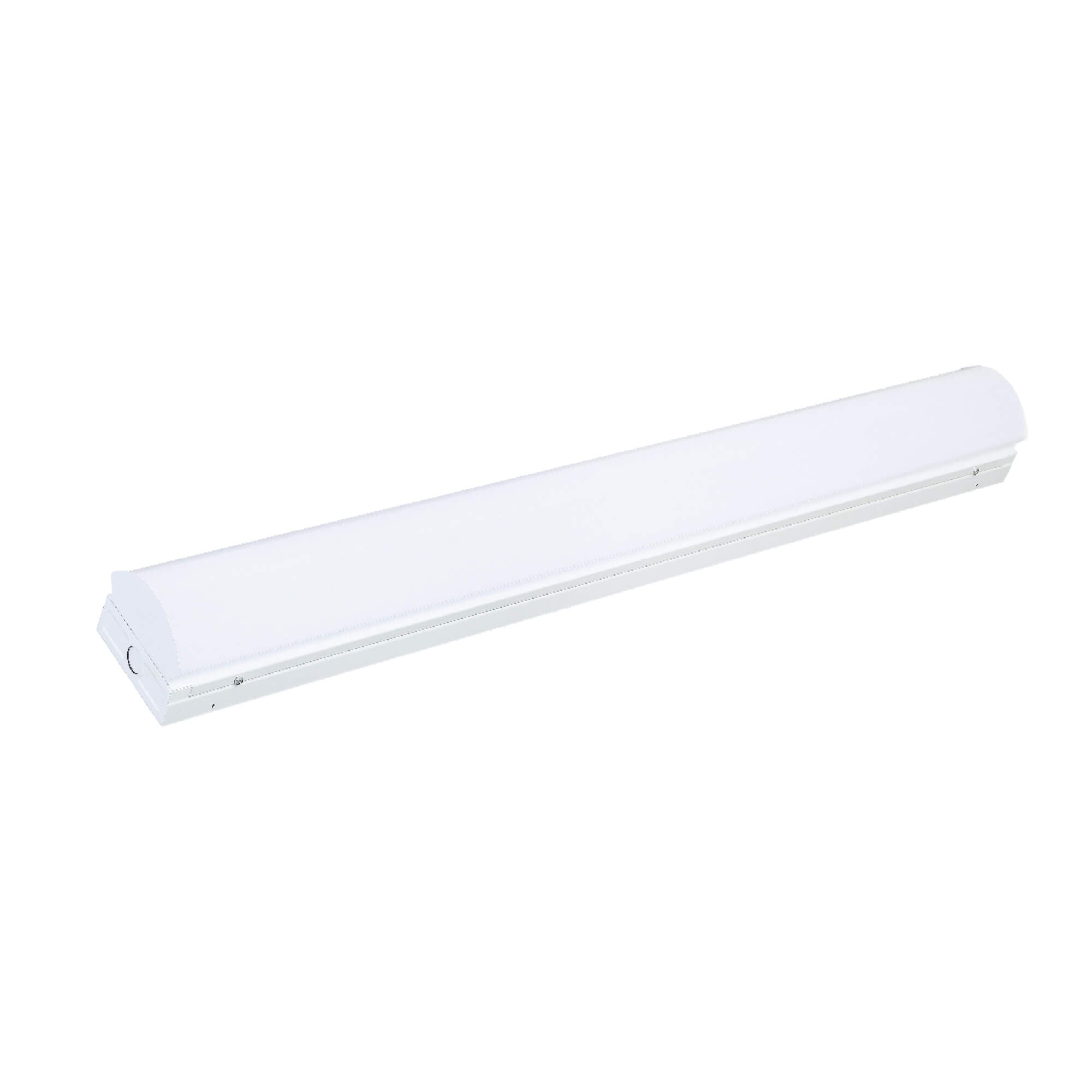Unlock the Secrets to the Perfect LED Strip Lighting for Your Retail Space!
In the competitive world of retail, effective lighting plays a pivotal role in shaping customer experiences and driving sales. Imagine walking into a store where the lighting not only illuminates the products but also creates an inviting atmosphere that encourages shoppers to linger. This is where LED strip lighting comes into play. Its versatility and adaptability make it an increasingly popular choice for retail interiors. From highlighting merchandise to setting the mood, LED strips offer a range of possibilities that can transform a dull space into a vibrant shopping destination. In this article, we will explore efficient LED strip solutions for retail interiors, ensuring you can make informed choices that enhance your store's ambiance and appeal.

Understanding LED Strip Lighting
LED strip lighting, often referred to as LED tape, consists of flexible circuit boards populated with light-emitting diodes (LEDs). These strips can be cut to size, allowing for customization based on the unique dimensions of your retail space. The technology behind LEDs offers myriad benefits, especially in retail settings. For one, they are energy-efficient, consuming up to 75% less power than traditional incandescent bulbs. This not only reduces energy costs but also contributes to a greener environment. Additionally, LED strips have a longer lifespan, which means less frequent replacements and lower maintenance costs. Their compact size and flexibility allow for creative installations, making them perfect for accent lighting, displays, or even architectural features. Anecdotally, a friend of mine who owns a boutique shared how switching to LED strip lighting not only cut her energy bill significantly but also made her products pop, attracting more customers.
Key Considerations for Retail Lighting
When selecting LED strip lighting for retail spaces, several key factors come into play. Brightness is a crucial aspect; you want your products to be well-lit without being overwhelming. The color temperature of the LEDs also matters—warmer tones can create a cozy atmosphere, while cooler tones can lend a more modern feel. Energy efficiency is another important consideration; look for LED strips that offer high lumen output per watt to maximize your investment. Additionally, flexibility in design is vital; whether you're illuminating shelves, displays, or signage, the ability to customize the layout of your lighting can enhance the overall aesthetic. My friend, who operates a high-end fashion store, found that adjusting the color temperature of her LED strips significantly changed the shopping experience, leading to increased sales.
Comparing Different LED Strip Solutions
There is a wide variety of LED strip solutions available for retail interiors, each with distinct features and advantages. Waterproof LED strips are ideal for environments where moisture may be a concern, such as in beauty or food retail spaces. On the other hand, non-waterproof options are generally more cost-effective and sufficient for dry environments. Another comparison to consider is RGB versus single-color LED strips. RGB strips allow for dynamic color changes, making them perfect for creating themed displays or seasonal decorations, while single-color strips provide a more consistent and focused light that can accentuate specific products. Each option has its potential drawbacks, such as the complexity of installation for RGB systems or the limited versatility of single-color solutions. Understanding these differences will help you choose the right product to meet your specific retail needs.
Installation and Maintenance Tips
Installing LED strip lighting in retail spaces can be straightforward with the right approach. Start by determining the best mounting options—adhesive backing, clips, or channels can be used depending on the surface. It’s important to ensure the power supply is compatible with the LED strips to avoid any performance issues. For optimal results, consider using a professional for the installation, especially for more intricate setups. Maintenance is equally crucial; regular cleaning of the strips can prevent dust accumulation, which can reduce brightness. Additionally, keep an eye on the connections and power supplies to ensure they are functioning properly. My friend who operates a café learned the hard way that neglecting maintenance led to several flickering lights, prompting her to overhaul the setup entirely.
Enhancing Retail Spaces with LED Strip Lighting
In summary, selecting the right LED strip lighting for your retail space is critical for enhancing both customer experience and sales. With the myriad of options available, it’s essential to consider brightness, color temperature, energy efficiency, and design flexibility. By understanding these factors and comparing various LED strip solutions, you can make informed choices that align with your specific retail needs. Whether you're looking to create an inviting ambiance or highlight your products, the right LED strip lighting can unlock the full potential of your retail environment.








تعليقات